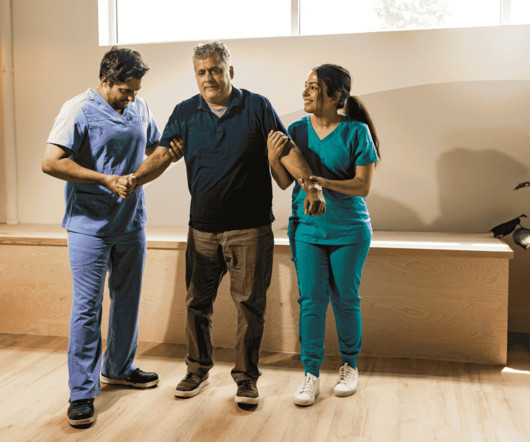The Power of Teamwork in Combating Nursing Home Neglect
American Medical Compliance
JANUARY 31, 2025
Get the Abuse, Neglect, and Exploitation in Nursing Homes Training Here Understanding Nursing Home Neglect Neglect in nursing homes can be intentional or unintentional , often stemming from issues like understaffing, lack of training, and poor communication.












Let's personalize your content